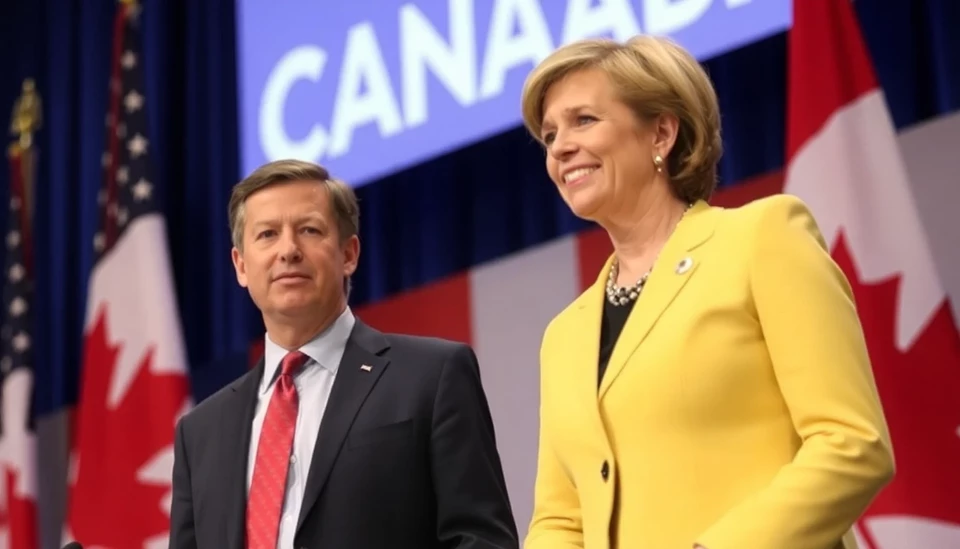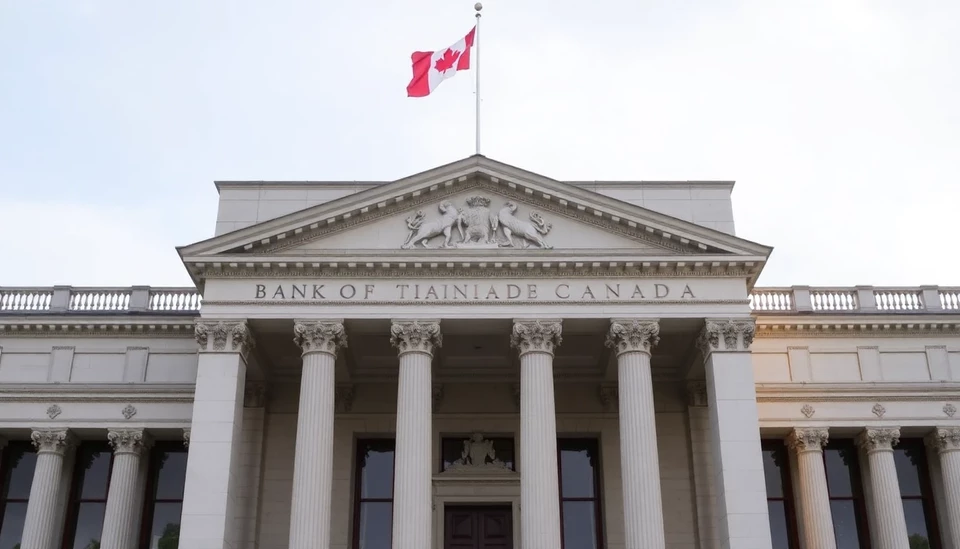
In a bold move aimed at boosting their appeal ahead of the upcoming elections, the Conservative Party of Canada has unveiled a comprehensive economic strategy that focuses on significant tax cuts and a commitment to reducing the national deficit. This announcement comes as the party seeks to regain control of the federal government amid growing dissatisfaction with economic conditions in the country.
The party leader emphasized that the proposed tax relief measures are designed to alleviate the financial burden on Canadian families and businesses. Specifically, the Conservatives propose lowering the Goods and Services Tax (GST) from five percent to four percent. This change is expected to provide immediate relief to consumers and stimulate spending, which supporters argue is essential for economic growth in the wake of the pandemic.
In addition to addressing sales tax, the Conservative plan includes a reduction of income tax rates for middle-class Canadians, promising to simplify the tax system while ensuring that individuals keep more of their hard-earned money. The party argues that these measures will bolster economic activity and support the working class during challenging financial times.
Alongside tax cuts, the Conservative Party has committed to a rigorous program of deficit reduction, aiming to decrease the national debt-to-GDP ratio significantly within the next five years. Leaders of the party have indicated they will take a hard line on government spending, proposing cuts to programs they deem inefficient and prioritizing fiscal responsibility as a core tenet of their governance philosophy.
The party's financial strategy also involves strengthening support for small businesses, which have been heavily impacted by economic disruptions. By reducing corporate tax rates for small enterprises, the Conservatives aim to foster job creation and stimulate economic recovery at the grassroots level. This is seen as a vital step to revitalizing Canada's economy, which has faced numerous challenges in recent years.
However, the outlined strategy has faced criticism from political opponents who argue that significant cuts to taxes may ultimately lead to a decrease in funding for essential public services such as healthcare and education. Detractors warn that the proposed austerity measures could exacerbate the issues facing the country rather than alleviate them.
In response, Conservative leaders maintain that their approach balances fiscal prudence with the need for targeted investments in critical areas. They contend that a well-structured tax relief package will generate economic growth that can eventually fund public services more sustainably than the current trajectory allows.
The announcement has set the stage for a contentious election season, with fiscal policy expected to be a key issue as voters consider the future direction of Canada’s economy. As public opinion fluctuates, the success of the Conservative strategy will ultimately depend on its resonance with the electorate’s concerns regarding economic stability and growth.
Overall, the Conservative Party's propositions represent a significant pivot in Canadian politics, emphasizing an economic recovery plan that prioritizes immediate financial relief alongside long-term fiscal health. The forthcoming election will serve as a litmus test for these ambitious proposals, determining whether they capture the imagination of the Canadian populace.
With the political landscape evolving rapidly, it remains to be seen how these strategies will influence voter sentiment and the eventual outcome of the elections. As Canadians brace themselves for the political debates ahead, the focus will be on the implications of tax cuts and deficit reduction on the country’s social fabric.
#Canada #ConservativeParty #TaxCuts #DeficitReduction #EconomicGrowth #Politics #Elections #CanadianEconomy
Author: Daniel Foster




